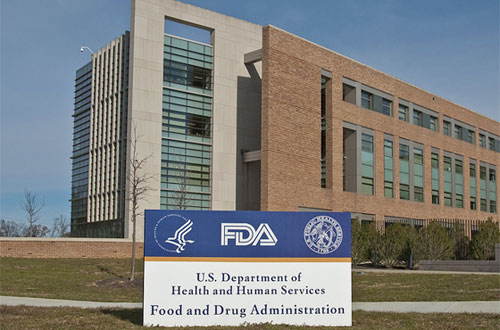
The FDA has approved two new drugs in the space of two days: Raptor Pharmaceuticals’ Procysbi for a rare genetic liver condition and CSL Behring’s Kcentra for the emergency of reversal of anticoagulation in patients with major bleeding.
Procysbi approved for rare genetic liver condition
Specifically, the recommendation for Procysbi (cysteamine bitartrate) covers the medicine’s use in the management of nephropathic cystinosis in children (over the age of six) and adults.
Cystinosis is a rare condition that involves the build-up of the amino acid cystine in a person’s cells, leading to kidney problems. It is thought to affect about 500 people in the US and 3,000 worldwide, and is fatal if not treated during childhood.
Nephropathic cystinosis is the most severe form of the condition, and causes major damage to the kidneys.
The approval gives patients with nephropathic cystinosis another treatment option to the already recommended Cystagon (mercaptamine), marketed by Mylan.
However, Procysbi’s long-acting formulation means it needs only to be take every 12 hours, compared to every six hours for Cystagon, giving Raptor’s medicine the edge.
Procysbi was granted orphan drug status by the FDA as part of Raptor’s application due to the unmet medical need of its proposed indication, and marks another step in the continuing growth of the rare disease market, which has been fuelled by attractive development environments.
Kcentra approved to reverse effects of anticoagulant
The FDA also approved CSL Behring’s Kcentra (prothrombin complex concentrate) for the urgent reversal of anticoagulation caused by a vitamin K antagonist, such as warfarin, in adults with acute major bleeding.
Patients take these antagonists to prevent clotting in conditions such as atrial fibrillation, but thinning the blood this way can lead to acute bleeding.
The FDA has already approved plasma to reverse this process, but this has to be matched by blood group and kept frozen, meaning there can be significant delays in its use.
The approval for Kcentra comes with a boxed warning regarding the risk of blood clots. The FDA also said patients receiving Kcentra should be monitored for signs and symptoms of thromboembolic events, as both fatal and non-fatal arterial and venous thromboembolic complications have been reported in clinical trials and post marketing surveillance.




